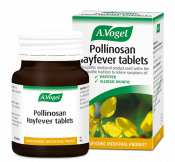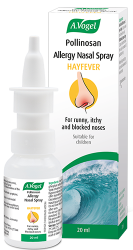Allergic rhinitis and dizziness
From congestion to itchy skin, allergic rhinitis can cause symptoms to develop all over the body. This is partly down to histamine, the chemical released by the immune system in an attempt to wash out allergens like pollen and animal dander. However, the condition can affect the Eustachian tube as well and this is what leads to dizziness.
The Eustachian tube runs from the middle ear to the back of the throat to equalise pressure in the ear and maintain balance. However, when histamine is released inflammation can arise in the nose and, as a result, this tube can become blocked. This causes pressure and fluid to build up and dizziness becomes an issue.
Dizziness, when caused by allergic rhinitis, is usually accompanied by other issues such as:
When your immune system reduces the amount of histamine being released this should settle any inflammation and, in turn, feelings of dizziness should ease. However, if the issue continues for a prolonged period it’s advisable to visit a doctor for some further advice.
What can you do?
Address diet – certain foods such as smoked meats, walnuts, cashew nuts, milk-based products and foods with artificial colourings are high in histamine so these are best avoided when suffering from allergic rhinitis. However, there are foods low in histamine that you can eat instead such as fresh fruit, vegetables and meat, as well as herbal teas.
Try Echinacea - the immune system has to work extra hard when suffering from allergic rhinitis in order to fight off allergens. This puts it under a great deal of strain so any extra assistance you can give it could be beneficial. Echinafoce Echinacea Drops are ideal for this as they are made from fresh Echinacea in order to fully support the immune system.
Try nettle tea – this is a natural antihistamine so it should help you deal with the symptoms that come about as a result of this chemical. Such symptoms include inflammation and, therefore, dizziness too.
Up your vitamin C intake – vitamin C is a natural antihistamine and is great for the immune system too. This means it’s a great addition to your diet when you’re suffering from allergic rhinitis. You can obtain vitamin C from citrus fruits like oranges, but don’t forget that strawberries, broccoli, tomatoes and leafy greens also contain vitamin C.
How to avoid allergens
Allergic rhinitis symptoms can ease if you take steps to avoid your trigger however, this can be difficult so, to help you out, here are a few tips.
Animal dander – if you have pets then create animal-free zones within your home.
Dust mites – use allergy proof bedding and wash your sheets at least once a week as well.
Mould spores – address any sources of damp.
Pollen – keep track of your local pollen count and avoid going out when counts are high.
Herbal remedies
Dizziness that is the result of allergic rhinitis is usually associated with other symptoms of the condition including inflammation and congestion. Therefore, when deciding on a treatment, it’s best to find one that will address a wide range of symptoms associated with allergic rhinitis.
Pollinosan Hayfever Tablets can be used to address many allergic rhinitis symptoms including sneezing, watery eyes, inflammation and congestion which should, in turn, ease any feelings of dizziness. They are made from seven tropical herbs and are completely non-drowsy too!
Alternatively, you may feel the need to address congestion in order to settle any dizziness. Sinuforce Nasal Spray may therefore prove useful as it contains menthol to provide quick relief from nasal catarrh.
Conventional treatments
If your dizziness is particularly bad, and is accompanied by other symptoms like congestion, your doctor may wish to prescribe you with a steroid nasal spray. However, this is only a short term solution as using it long term could have some troublesome side effects.
Anti-histamines can also be obtained from a doctor or pharmacist. These block the release histamine to help ease symptoms that this chemical has caused.





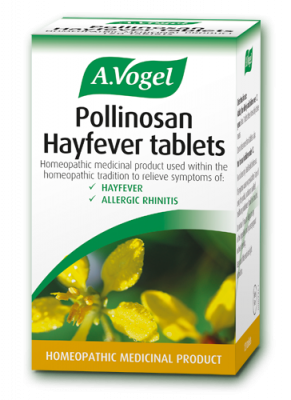
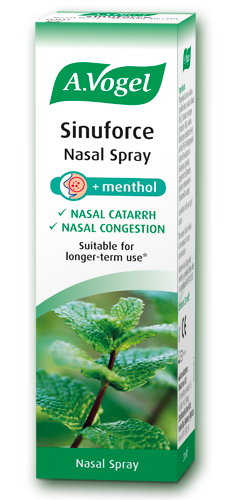
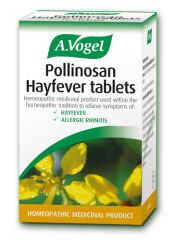 Looking for a solution to curb those hayfever symptoms such as itchy eyes, constant sneezing and congestion, then look no further than A.Vogel’s Pollinosan Hayfever tablets.
Looking for a solution to curb those hayfever symptoms such as itchy eyes, constant sneezing and congestion, then look no further than A.Vogel’s Pollinosan Hayfever tablets.
